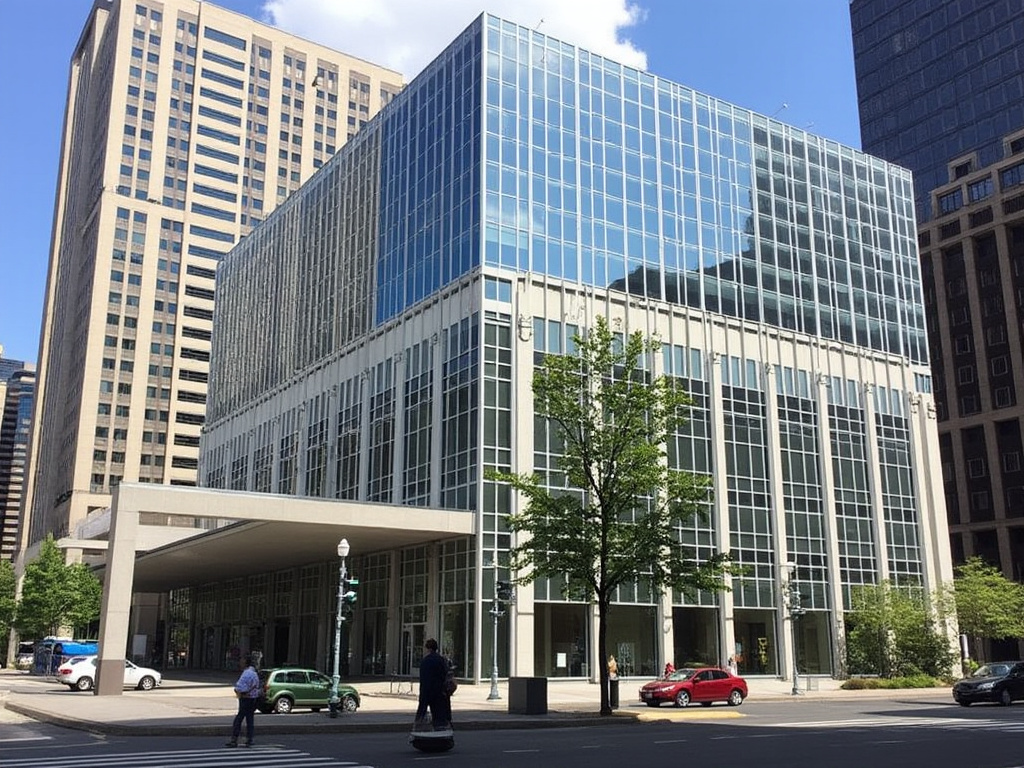In a decisive move on Wednesday, the Boston City Council voted 12-1 in favor of the latest draft of Mayor Michelle Wu’s property tax home rule petition, setting the stage for a significant shift in how property taxes are distributed within the city. This legislative push, now heading to Beacon Hill, aims to alter the tax landscape to alleviate the financial burden on homeowners.
The Proposal’s Journey
Mayor Wu’s initiative has been in the works for over seven months, reflecting her administration’s efforts to manage the city’s tax policies amidst fluctuating real estate values and economic recovery from recent global challenges. The essence of the petition is to temporarily adjust the tax burden, allowing for a greater portion of property taxes to be levied on commercial properties than what current state laws permit. This shift is intended to cushion homeowners from what could have been a steep increase in their property tax bills.
The Council’s Decision
The vote in the city council was nearly unanimous, with only one dissenting voice, indicating broad support for Wu’s tax reform strategy. The council’s approval is a crucial step, but not the final one. The proposal now finds itself in the hands of the Massachusetts State Legislature, which has until the end of November to review, debate, and potentially pass this home rule petition into law.
Implications for Boston’s Taxpayers
If approved by the state, this measure would represent a pivotal change in Boston’s fiscal policy, particularly benefiting residential property owners. Here’s how:
- For Homeowners: The relief could come at a time when homeowners across the city might have faced property tax rates that do not reflect their current economic reality, especially after a period where property values might have fluctuated significantly due to market conditions.
- For Commercial Properties: While this shift would increase the tax rate for commercial property owners, it’s seen as a necessary balance to maintain economic equity within the city. Commercial real estate in Boston has historically borne a significant portion of the tax load, and this adjustment would continue that trend, albeit in a more pronounced manner.
Next Steps
The petition’s journey through the state legislature is expected to be closely watched by both supporters and critics. Proponents argue that this is a fair and necessary adjustment to tax policy that reflects the current economic climate and supports residential stability in Boston. On the other hand, critics might express concerns over the impact on the business community, particularly in sectors still recovering from economic downturns.
Mayor Wu’s office has been actively engaging with state legislators to advocate for the proposal, emphasizing the urgency of the situation given the deadline. The debate will likely center around the long-term implications of such a policy, the fairness of tax distribution, and the overall health of Boston’s economy.
Looking Ahead
As the deadline approaches, all eyes will be on Beacon Hill. The outcome will not only affect Boston’s property owners but could also set a precedent for how other cities might approach property tax distribution in the future. This could mark a significant moment in Boston’s economic policy, potentially influencing housing affordability, business investment, and the city’s attractiveness to new residents and companies alike.



